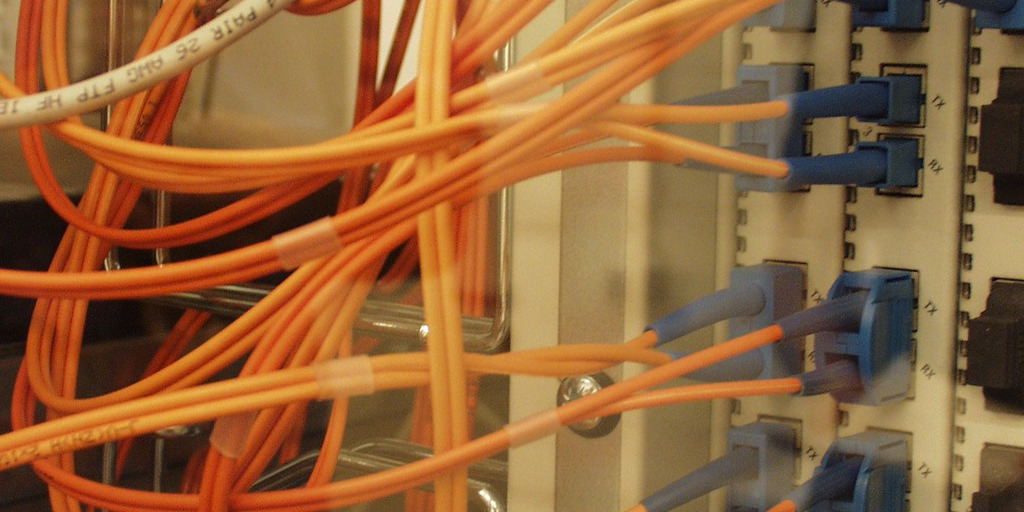The third Bavarian broadband forum entitled "The digital region" took place on November 5, 2015 in the Neusäß town hall near Augsburg. Approximately 300 experts from municipalities in Bavaria and companies operating in relevant fields took up the invitation to attend from the Bavarian regional newspaper.
The event organizer focused on the digital region—a great place to live with a promising future.
Broadband in Bavaria
In order to provide the community with sufficient capacity for a high-speed Internet access, municipalities all over Germany are facing great financial, technical and legal challenges. Providing high-speed Internet access is a key public services task.
True competitiveness will only exist as a result of nationwide access to high-bitrate broadband. This is the only way rural areas can actually stay connected and survive despite the draw of urban areas.
It is the job of municipal decision-makers to find the best way to make this a reality and secure financing. Mayors and councils who are currently making decisions on this sustainable infrastructure must be measured in 10 years’ time against the actions they take today.
This digital infrastructure will be set up differently from state to state as well as from municipality to municipality. The discussion around modern and sustainable infrastructure with digital technology in municipalities has just begun. It has hit Germany at full speed, however. Many municipality politicians are getting set down to learning about the possibilities presented, and above all the importance of not missing out.
Although regional provision varies widely, all parties involved are clear on the following fact: the only way forward is high-bitrate broadband access across the whole country. This issue is already a key factor when determining where people or businesses base themselves. How good the Internet access is has already become the first question many people and businesses ask when considering where to open different branches. If the connection is poor, the next generation will steer clear of these “dead zones”. Managing this costly decision is problematic as the solution literally simply disappears into the ground and is not tangible as such.
No Two-Tier Network
The efforts of the federal government to establish high-speed Internet access across the country by 2018 has so far only been an announcement. The reality of these efforts in individual cases differs across Germany. In Bavaria, they believe they have come a long way. The danger of developing a two-tier level of service is real. There is one slow connection here and a high-speed connection there. This is because there are a number of providers with individual concepts involved. It is already clear that the intended minimum provision of 50MB can no longer be achieved in three to five years. It is plain to see that societal demand for data is growing exponentially.
The spokesperson of the BREKO Association (that represents the majority of alternative broadband providers to Deutsche Telekom), Stephan Albers, highlighted that one success factor for good broadband provision was: “Not without my mayor”. This means that the decision about sustainable broadband provision needs to be taken at the top, or will be.
Furthermore, and particularly within the scope of the "Smart Country" approach, setting the agenda is now crucial: how can the depopulation of rural areas be stopped, how can rural areas be revitalized, how can the consequences of demographic change, particularly apparent in rural areas, be shaped?
A hundred years ago, the city fathers transformed society by investing in electricity. That was the time when gas lighting became electrical lighting. The opportunities electricity presented became clear with time. The same goes today for the Internet: the better the setup, the more opportunities we can take advantage of. Just by switching lights in rooms on and off or later turning on machines, by now a seemingly endless list of applications for electricity has been discovered. We are currently experiencing a similar development with applications for the Internet—but it’s faster and more revolutionary.




